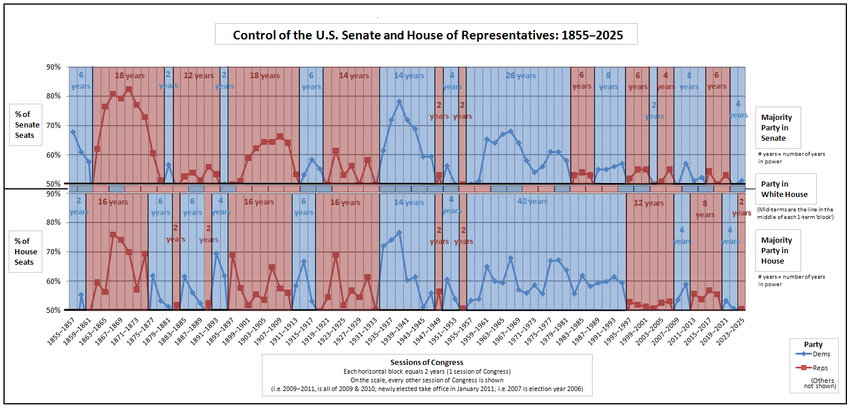Speakership Elections
Factions and Member Organizations

Newt on Governing Team Day, Congressional Record, September 8, 1980, 24683
1994: The Contract with America
Factions and Member Organizations

Newt on Governing Team Day, Congressional Record, September 8, 1980, 24683
A wide range of political scientists including James McGregor Burns, Frederick Sonntag, Manning Dauer, Jack Saloma and others, have urged steps to strengthen the party system. There is a growing consensus that a weak party system leads to irresponsibility, to single issue politics and to domination by special interests. Furthermore, there is a growing belief that personality politics focused on individual candidates heightens irresponsibility and the lack of accountabilityRep. Dan Lungren (next page):
Mr. Speaker, I think the gentleman has pointed out to us the significance that we hope to establish with respect to our activities on September 15. Whatever the failings that the parliamentary systems of European democracies may have, they are superior to our more loosely knit representative system in one respect: That respect the gentleman has referred to as accountability.1984: The moment that made Newt
When a British worker goes to cast his vote for his representatives in the House of Commons, there is little doubt in his mind as to which party to hold accountable for the current state of affairs in his country. But here in our country, where legislators are responsible for myriad constituent services; where regional, State, and ethnic identities are strong; where members of the legislative branch are not structurally tied to the Chief Executive of their own party, the accountability for the current state of affairs tends to be blurred in the minds of the citizenry.
1994: The Contract with America
In short, overnight I found myself in a job far bigger than most people, even Washingtonians, understand to this day. The Speaker is the third-ranking constitutional officer. That in itself might seem weighty enough. In addition, the day-to-day job requires him not only to preside over, but to attempt to lead, 435 strong-willed, competitive, and independent-minded people. (Some wag has likened this to an attempt to herd cats.) After all, if these people had not in the first place been heavily endowed with all three of these characteristics—will, competitiveness, and independence of mind—they would never have been able to get through the process of winning a primary, followed by a general election, followed by the requirement that they represent 600,000 of their fellow Americans in the nation's capital. So if they sometimes made difficulties for one another, and for me, that was one of the great strengths of the system.
All of this added up to the fact that, politically experienced as I was, everything seemed a little unfamiliar to me. I hadn't shifted from my old job to my new job fast enough. I hadn't shaken off some of the habits I had acquired being the minority whip. I'll give you an example. As the minority party, we were in the position of having to fight every day just to get some media attention. We tended to say and do things that were far more strident and dramatic than are prudent to do and say as the leaders of the majority who find themselves in front of the microphone every day. If you are seldom covered by the press, which was the case with House Republicans for forty years, you have a lot of leeway to make mistakes. But when you are in people's living rooms every evening, your mistakes are magnified."The Hastert Rule"
No comments:
Post a Comment